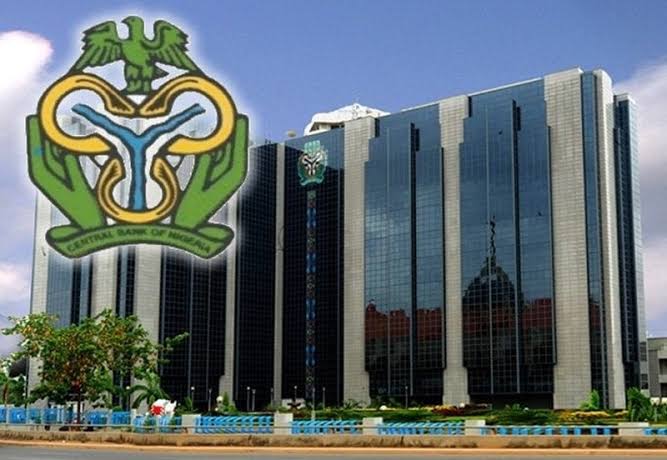Nigeria’s fiscal deficit is on the rise, with recent data indicating a budget shortfall of 7.6% of GDP as of August 2024, significantly exceeding the approved target of 3.8% for the year.
This alarming trend was highlighted in the statements from members of the Central Bank of Nigeria’s (CBN) Monetary Policy Committee (MPC), who expressed concerns about the widening gap between revenue generation and government expenditures.
At the beginning of 2024, the National Assembly sanctioned a budget of N28.7 trillion, aiming for revenue of N19.5 trillion, which resulted in a projected budget deficit of N9.1 trillion, or approximately 3.8% of GDP.
However, the deficit has escalated beyond initial projections, prompting the proposal of a supplementary budget of N6.2 trillion later in the year, further exacerbating the fiscal challenges.
Insights from MPC Members
MPC member Aloysius Uche Ordu noted that Nigeria’s revenue collection has fallen short, achieving only 37.9% of the annual target in the first half of 2024. This revenue shortfall was largely attributed to deficiencies in the Federation Accounts Allocation Committee (FAAC) receipts, which impeded the federal government’s ability to fulfill its financial commitments.
Despite a reported 33.31% increase in retained revenue from January to June compared to the same timeframe in 2023, overall revenue still fell 62.1% short of its target, underscoring the country’s fiscal difficulties.
MPC member Lamido Yuguda pointed out the repercussions of Nigeria’s low revenue base, emphasizing that it is a significant factor contributing to the weak fiscal performance observed in the first half of the year.
Preliminary figures indicate that the fiscal deficit has already reached 91.94% of the full-year target by June, raising concerns about the federal government’s capacity to finance the remaining budgeted expenditures without further expanding the deficit.
Ordu stressed that Nigeria’s spending priorities are heavily skewed toward recurrent expenditures, primarily driven by debt servicing costs. In contrast, capital expenditure, essential for economic growth and development, continues to lag behind.
The excessive focus on recurrent spending has been compounded by a reluctance to reallocate resources toward capital projects that could foster long-term economic improvements.
MPC member Muhammad Sani Abdullahi reiterated the necessity for proactive monetary policy measures to mitigate the potential adverse effects of the fiscal deficit, particularly as discussions around a new minimum wage gain momentum.
He noted that while the current deficit stands at 7.6% of GDP, enhancing revenue generation and curbing government spending could gradually improve Nigeria’s fiscal outlook. A reduced deficit, Abdullahi emphasized, would contribute to macroeconomic stability and alleviate some of the pressures currently burdening the economy.
While MPC members recognized that the fiscal authority has shown restraint by avoiding reliance on the Central Bank’s Ways & Means financing, concerns linger regarding how long this approach can be maintained amid ongoing revenue shortfalls and increasing obligations.
The committee also observed that heavy dependence on FAAC distributions impacts liquidity levels in the banking sector, subsequently affecting the naira exchange rate.
Positive Developments in the External Sector
In contrast to Nigeria’s deteriorating fiscal situation, there are encouraging signs in the external sector.
A reduction in import bills, resulting from the CBN’s stringent monetary policy, led to a balance of payments surplus of $2.47 billion during the period. External reserves rose to $37.44 billion as of September 2024, providing over seven months of import cover. By November, reserves had further increased to $40 billion, marking a significant milestone that reflects resilience in Nigeria’s foreign exchange holdings amid domestic fiscal challenges. The naira also experienced a slight appreciation, supported by improved reserves and diminished import demand.
Policy Implications and Market Stability
The fiscal challenges confronting Nigeria underscore a structural issue within the country’s financial framework, primarily driven by revenue fluctuations and spending imbalances.
While external reserves and a favorable balance of payments position offer some protection, the domestic fiscal landscape remains fragile. The MPC’s commitment to maintaining a tight monetary policy has helped to mitigate import demand and limit external shocks to a degree. However, persistent fiscal deficits could jeopardize these efforts if the federal government does not enhance revenue generation and enforce spending discipline.


